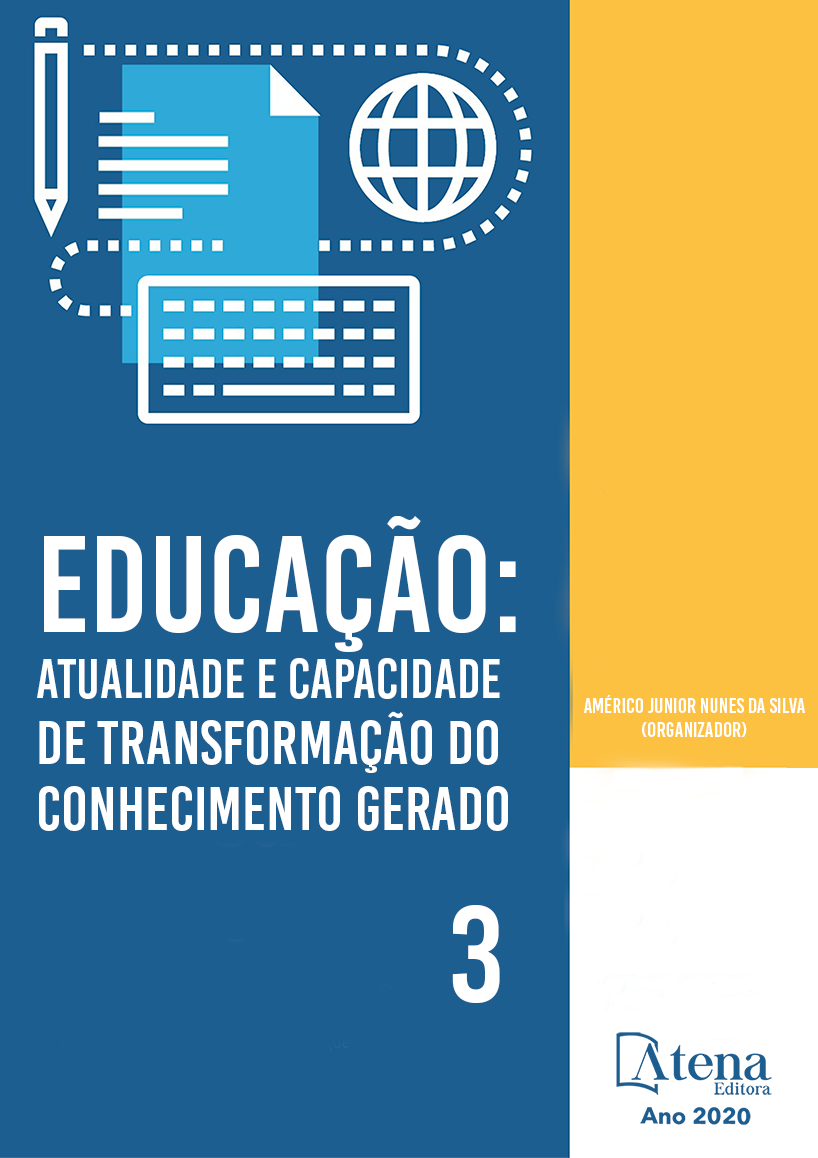
O PROFESSOR ORIENTADOR DE INFORMÁTICA EDUCATIVA COMO AGENTE POTENCIALIZADOR DE CONHECIMENTO
O presente artigo propõe-se a discutir questões relacionadas ao campo da Educação e das Tecnologias Digitais, bem como o seu uso pedagógico. Trata-se, do ponto de vista metodológico, de revisão de literatura, ancorada nos princípios da abordagem qualitativa de investigação (BOGDAN & BIKLEN, 1994) e amparada em autores, cuja perspectiva visam discutir: as contribuições das tecnologias digitais da informação e comunicação (TDIC) no processo educativo (PESCE, 2010; 2012), (LÉVY, 1999; 2002); a ressignificação das práticas sociais e formativas (BRAGA, 2015), (DI FELICE, 2008); o movimento de implementação e a ação dos laboratórios de informática e da informática educativa (CHAGAS, 2009); o papel do professor orientador de informática educativa (POIE) como agente potencializador de conhecimento no contexto escolar (CARNEIRO, 2017), (DUTRA, 2010).
O PROFESSOR ORIENTADOR DE INFORMÁTICA EDUCATIVA COMO AGENTE POTENCIALIZADOR DE CONHECIMENTO
-
DOI: 10.22533/at.ed.77720190814
-
Palavras-chave: Tecnologias digitais da informação e comunicação. Informática educativa. Mediação pedagógica. Professor Orientador de Informática Educativa. Empoderamento.
-
Keywords: Digital information and communication Technologies. Educational Informatics. Pedagogical mediation. Professor of Educational Informatics. Empowerment.
-
Abstract:
This article aims to discuss issues related to the field of Education and Digital Technologies, as well as their pedagogical use. It is, from the methodological point of view, a literature review, anchored in the principles of the qualitative approach of investigation (BOGDAN & BIKLEN, 1994) and supported by authors, whose perspective aims to discuss: the contributions of
digital information and communication Technologies (DICT) in the educational process (PESCE, 2010; 2012), (LÉVY, 1999; 2002); the redefinition of social and training practices (BRAGA, 2015), (DI FELICE, 2008); the movement of implementation and the action of the information technology and educational information technology laboratories (CHAGAS, 2009); the role of the teacher of educational informatics (POIE) as an agent to enhance knowledge in the school context (CARNEIRO, 2017), (DUTRA, 2010). -
Número de páginas: 6
- LUCILA MARIA PESCE
- ELAINE FEITOSA DE CARVALHO P. BARBOSA


